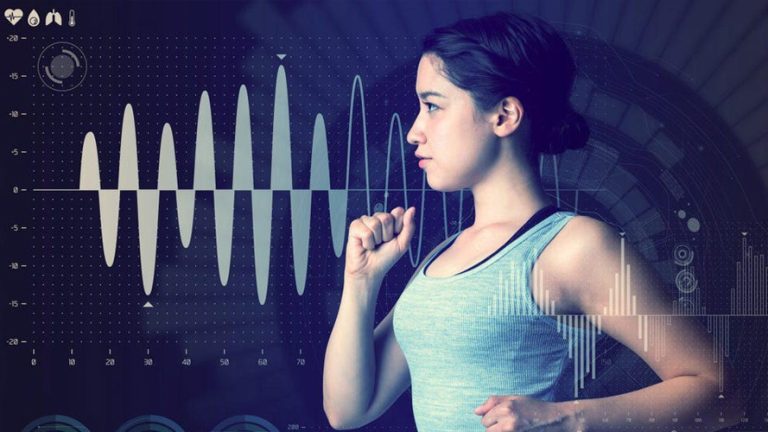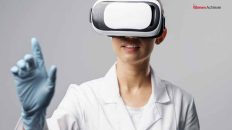The technology companies recognized that the area offers excellent potential, and women started to use digital health
Women’s health technology or the so-called Fem-tech market has been on the rise for the last couple of years. It started as technological solutions primarily to fertility and pregnancy; however, as more and more female founders took the stage, female health topics have reached much further. These now include general women’s health issues just as sexual wellness, pregnancy and maternal care, disease management, menopause, pelvic health and even mental health-related problems.
As fem-tech is one of the key areas we expect to grow, we tried to collect companies on top of their game in the conventional fertility and/or pregnancy area. We also included start-ups and ventures who are looking way beyond that. Here’s our guide to outstanding companies in women’s health technology.
We collected some of the most progressive women’s health technology out there, led by inspiring women and men and showing the way forward – so that technology will finally change into an environment that facilitates female entrepreneurship and addresses women’s issues in the right ways.
1) Natural cycles – digital birth control:
A large and growing group of women would prefer a non-invasive and non-hormonal way of contraception. However, very few methods are available for women in this space. The women are increasingly turning to digital technology to manage all aspects of their lives. They are therefore welcoming a contraceptive option that educates them about their fertility and unique cycles while also providing relevant information to help them avoid (or plan) pregnancy.
Natural CE-marked and it was the first app to be cleared by the FDA for use as a contraceptive, based on clinical studies. Although there was an uptake in criticism towards the method, the app has since been reviewed by ORCHA, an independent health app evaluation body, scoring 84 per cent. The company currently fights the FDA’s one-size-fits-all approach in giving clearance to clue, another fertility app; but they also work towards wearable birth control solutions.
2) Ava women – the fertility wearable:
The Zurich-based company developed the Ava tracker for women who want to know more about their bodies: observe their menstruation or ovulation cycles or follow their pregnancies. It is an FDA-registered and CE-certified device that measures skin temperature, resting pulse rate, breathing rate, heart rate variability ratio, perfusion, movement, bioimpedance, heat loss and sleep. Via logging symptoms and data, users can identify changes that may indicate potential health issues.
At the same time, they can also get a clearer picture and a more accurate prediction when they are likely to be most fertile – no matter whether they try to get pregnant or avoid that situation. The Medical Futurist tested it here and had an overall positive experience. It was not easy to incorporate the device into the daily going-to-bed routine, but the wearable worked as promised after the learning period.
3) Miracare – fast and furious:
Navigating fertility is a complex task. Whether it’s about avoiding pregnancy or intending to conceive, women prefer to get support in this field. Miracare’s clinically proven fertility and ovulation tracker provides speedy results for the hormones it tests and has a perfect digital health tool with it: an automatic bluetooth sync of the hormone data to the Mira App. The app is a smart health tracking platform that provides specific fertility hormone concentration levels and uses A.I. to follow and predict changing hormone patterns.
The company launched a new personalised ovulation monitoring system measuring Luteinizing Hormone (LH) and Estrogen (E3G) in 2020, and the company is currently developing Progesterone, hCG and FSH test wands. Users interestingly miss social features linked to the app. However, we believe it’s a great digital tool and the hormone regularity, profile and trend are strongly related to a woman’s health technology in general.
4) Bonzun – virtual midwife from Sweden:
Bonnie Roupé developed pre-eclampsia when she was pregnant with her second child. She didn’t understand the symptoms but was eager to know more. Thus, after her pregnancy, she developed an app that would inform pregnant women of potential health problems they could experience.
Bonzun, founded in 2012, works as a virtual midwife, supplying users with information about how their baby is growing and what the changes in their body mean. The app was downloaded over two million times in 130 countries. And although there’s not much movement around Bonzun over the past months, we genuinely hope that their efforts will pay off and the digital tool can save the lives of pregnant women around the globe.
5) Maven – healthcare designed for women:
The most attractive feature of a health service designed to assist women during and after their pregnancy is the holistic approach. The New York-based Maven Clinic offers traditional medical specialities for women to choose from and employs back-to-work or sleep coaches, relationship consultants, or mental health therapists. They had been doing telemedicine long before COVID-19 forced clinics to do so, and their market advantage gave the company an edge it is happy to use.
The Maven Clinic offers video appointments and private messaging with a widespread family and women’s health practitioner network. It provides services from family planning and pregnancy through postpartum to surrogacy or career coaching. Quite a gap-filler.






Add comment